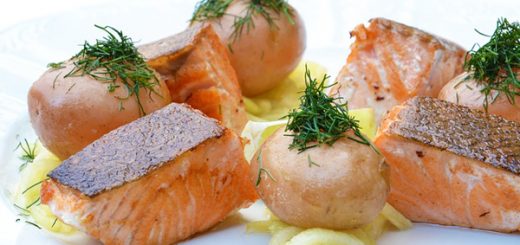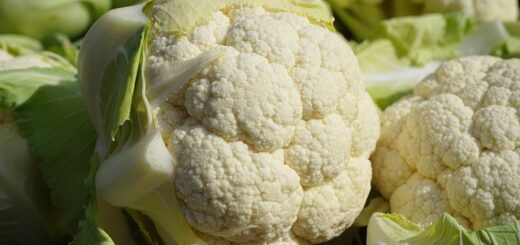How to store almonds

Almonds are a type of nut with a high oil content. Because of this property, storing it at home is accompanied by many nuances. In addition, it is not recommended to mix almonds with other types of nuts. Otherwise, the oil it will release will spoil the taste of the entire mixture and shorten its shelf life.
Rules of storing almonds at home :
- keep almonds as far away from sunlight and light as possible (these two factors greatly spoil the taste of nuts and affect the duration of their storage);
- almonds are not stored in open containers or plastic bags (the result, in this case, will be a bitter taste, an unpleasant odor and the rapid appearance of mold);
- store almonds in glass jars or containers with lids;
- it is recommended to place containers with almonds in cool and darkest places;
- as soon as the almonds have a pungent smell, in which the notes of bitterness are well perceptible, it can be assumed that the nuts are spoiled and cannot be used for further storage (they are also not recommended to be eaten);
- almonds can be frozen (this method has a number of advantages, since the risk of mold is excluded, and the shelf life is increased);
- inshell almonds are stored longer than the peeled version (which is why it is recommended to buy unpeeled almonds);
- cold prolongs the shelf life of almonds, so the nuts can be stored in the refrigerator (in this case, you must use containers or any containers with lids);
- you can freeze almonds not only in containers, but also in plastic bags (in this case, packaging does not play a significant role);
- if the almonds are bought in a package, then after opening it, the nuts must be transferred to a container (any packages spoil the taste of the nuts and shorten their shelf life);
- It is not recommended to store chopped almonds for a long period (even chopped kernels can shorten the shelf life of whole nuts);
- almonds, like most nuts, absorb odors well, so you should not store them near dishes and foods with rich aromas;
- if signs of mold, other fungi or insects appear on the almonds, then you need to get rid of the nuts and not eat them;
- mold and insects are not washed off with water (contamination can be removed, but bacteria quickly penetrate the nuclei, making them dangerous for food);
- only dry almonds can be stored (moisture becomes the main cause of mold);
- at room temperature, exposure to sunlight or near heat sources, almonds can not be stored in any case (the higher the temperature and the more light hits the kernels, the faster they will deteriorate);
- if you plan to store almonds in a glass jar or any other container, then it is imperative to check the dryness of its inner surface (the slightest moisture will spoil the nuts very quickly);
- the lower the temperature, the longer the almonds will keep.
How much and at what temperature to store almonds
Frozen almonds can keep their freshness for more than one year. These nuts can be kept in the refrigerator for up to 12 months. Sudden temperature changes and repeated frosts must be excluded.
Almonds can be stored at room temperature for several months. The main condition in this case is choosing the right storage location, which should be as cool and dark as possible.
If the almonds are purchased in a package, then they can be stored for the period specified by the manufacturer. However, if the package has been opened, the storage period will depend on the conditions (refrigerator, freezer, room temperature).











